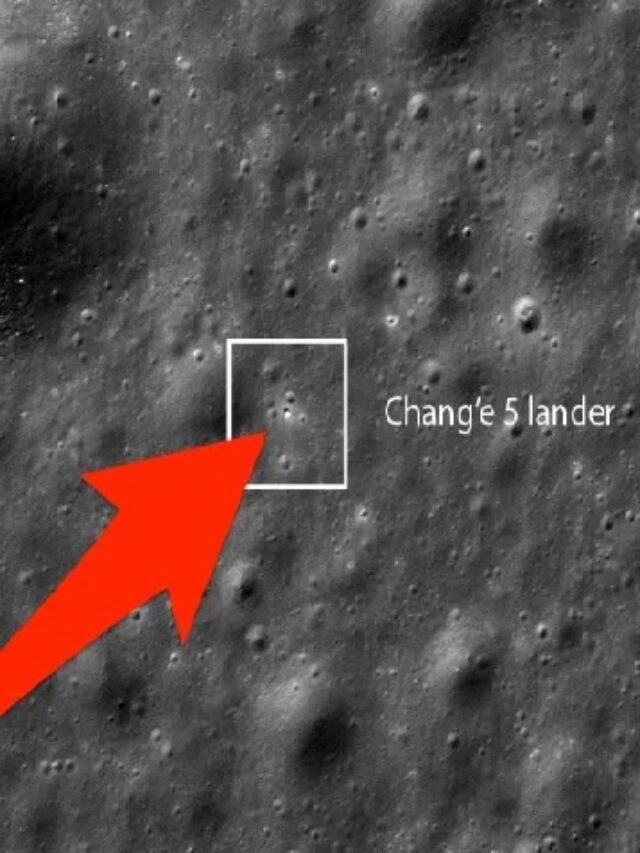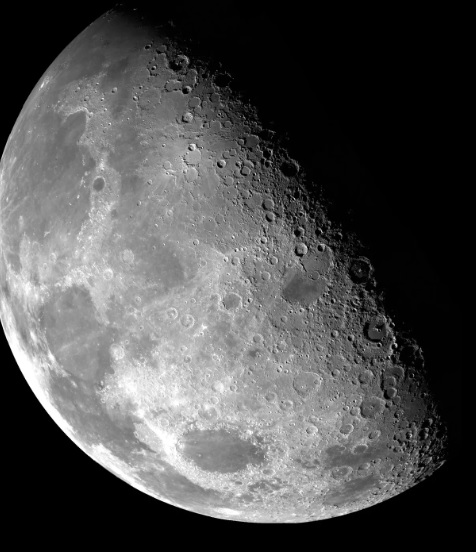Japanese Lunar Lander Disappears in an Unusual and Promising Manner
On April 25, Japanese company Ispace attempted to become the first private company to successfully land a craft on the surface of the Moon. However, the landing did not go as planned, and the company lost contact with the lander during the landing process. Ispace had been hoping to secure the title of the “first successful private lunar landing” with this mission, but now the fate of the mission remains uncertain.
Background of Ispace Mission

Ispace began as an entry into the Google Lunar X Prize competition and has been working on its Hakuto-R M1 lunar lander for several years. The lander was carrying a two-wheeled transformable lunar robot from JAXA, the Japanese space agency, as well as a test module for a solid-state battery from NGK Spark Plug Company, an artificial intelligence flight computer, and 360-degree cameras from Canadensys Aerospace. Emirates called the Rashid lunar rover was also part of the mission.
The Implications of the Mission
Despite the disappointing result, the Ispace mission marks one of the first steps toward companies developing profitable business models around shipping things to the Moon, either for scientific investigation or for attempts at commercial gain through avenues like product development. In the future, we can expect an increase in privatized space missions like this, even if they will be geared more toward objects than people for a while.
The New Space Race

The first space race several decades ago was all about governments going head to head to get people to the Moon first. However, with the rapid advancements being made in the private space industry, it isn’t only governments getting in on the action anymore. As this new space race gets firmly underway, companies will be throwing their hats in the ring right along with countries.
Conclusion
The loss of contact with the Ispace lunar lander is a setback for the company and the private space industry, but it does not mark the end of the new space race. With the development of profitable business models around shipping things to the Moon, we can expect more privatized space missions in the future. It is a promising development for the future of space exploration and commercialization. Hopefully, the next attempt at a private lunar landing will be more successful.
Also read this post for more updates: Breaking News: Airwallex Expands to Israel and Targets Cyber Security Acquisitions
10 AI Tools to Enhance Work Efficiency: Productivity Boosters.
Twitter vs Blue Sky: The Battle for Social Media Supremacy
Breaking: Japanese Lunar Lander Loses Contact with Ground Control
Why Northern Lights aurora borealis shifted in the United States: A Natural Phenomenon Explained
FAQ
Q: What is the Ispace mission?
A: The Ispace mission is an attempt by a Japanese private company to achieve a successful Moon landing.
Q: What happened during the landing process?
A: The company lost contact with the lunar lander during the landing process.
Q: What did the lander carry?
A: The lander carried a two-wheeled transformable lunar robot, a test module for a solid-state battery, an artificial intelligence flight computer, 360-degree cameras, and Emirates called the Rashid lunar rover.
Q: What is the implication of the mission?
A: The Ispace mission marks one of the first steps toward companies developing profitable business models around shipping things to the Moon.
Q: What is the new space race?
A: The new space race involves companies throwing their hats in the ring along with countries to develop profitable business models for space exploration and commercialization.
Q: Will we see more privatized space missions in the future?
A: Yes, we can expect more privatized space missions in the future geared toward objects for scientific investigation or commercial gain.